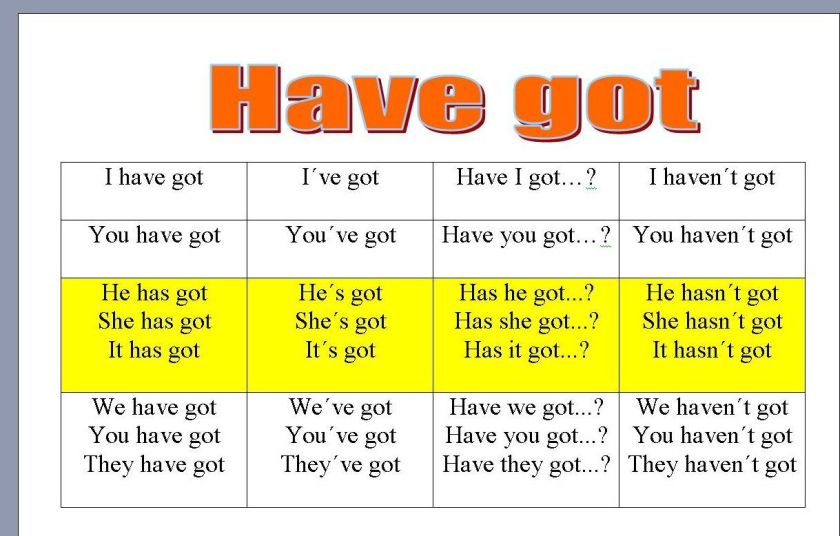Ներբեռնեք այս գրքերը՝ Վերիշագինա 2 մաս 1, մաս 2, Round up starter
29.03
<The Little Red Hen>> part 4 էջ 35 կարդալ։
The Little Red Hen part 4
Jen the Hen and her little children are tired but happy. Now the bread is ready. The bread is on the table. It looks great.
Suddenly Jen’s friends come in. They see the bread. They are hungry and want to eat it.
“Glad to see you. Do you want to help us eat bread?” Jen the Hen asks her friends.
“Yes, I do,” says Pam the Cat. “I am hungry.”
“Of course, I do,” says Tug the Dog. ” I am as hungry as a hunter.”
” With great pleasure, ” says Chuck the Duck. I am hungry, too. And the bread looks so nice.”
“You are right. The bread is nice. But you are lazy and I don’t want to give you the bread,” says Jen the Hen. “I want to give the bread to my little chickens. They are very, very nice. They are not lazy. They always help me.”
Անծանոթ բառեր
to be tired-հոգնած լինել
To be ready- պատրաստ լինել
it looks great-հրաշալի տեսք ունի
come in-մտնել
eat-ուտել
to be hungry as a hunter- գայլի պես սոված լինել
- Ընդգծված նախադասությունները դարձրեք հարցական և ժխտական։
Now the bread is ready.
Is the bread ready now?
Now the bread isn`t ready.
I am hungry.
Am I hungry?
I am not hungry.
They are very, very nice.
Are they very, very nice?
They aren`t very, very nice
- Ավարտեք նախադասությունները։
The bread is nice.
The children are very, very nice.
They live near the lake.
Her friends are very lazy.
Կրկնենք ունենալ բայը have, have got:
I have got-ես ունեմ, we have got-մենք ունենք
you have got-դուք ունեք, they have got-նրանք ունեն
բայց՝ he, she, it has got-նա ունի
Հարցականը կազմելիս have, has -ը բերում ենք առաջ,իսկ ժխտականի ժամանակ have, has-ին ավելացնումենք not մասնիկը։ Այժմ նայեք նկարներին և մտապահեք։

 Գրեք այս առաջադրանքը՝ have got,has got
Գրեք այս առաջադրանքը՝ have got,has got



